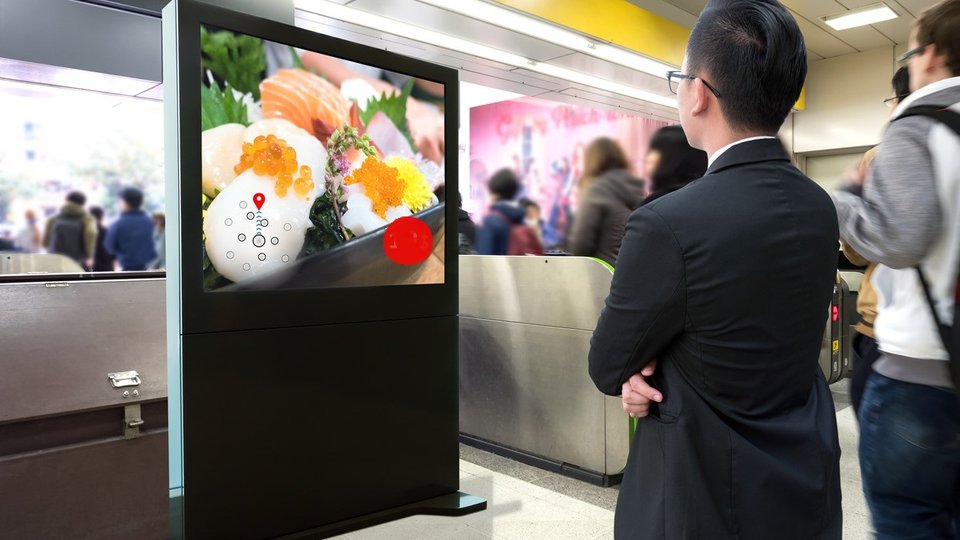Article
To AI or not to AI: Researcher says proceed with caution
Research just published by a Rensselaer Polytechnic Institute professor indicates that AI may not always serve restaurant brands well, depending on their business model.

April 7, 2020
There are probably more than a few restaurateurs currently thinking long and hard about using more artificial intelligence tools across their systems to boost performance, handle the restaurant industry's constant labor struggles and improve bottom lines, particularly amid the turmoil that the COVID-19 pandemic is creating for bottom line dollars. But a recent report from a Rensselaer Polytechnic Institute (RPI) Lally School of Management professor warns business leaders about some issues to consider first, including a careful review of their operations as they might pertain to AI use.
RPI Professor of Practice and Director of Undergraduate Education Chris Meyer conducted research on this matter in a recently published paper in the "Journal of Service Management." According to Meyer's findings, restaurants and other businesses need to think about their strategy before plunging headlong into AI.
Meyer said businesses — like many restaurant brands — that use human interaction or have products that change from customer to customer, will have a lower success rate in replacing humans with AI technologies. But brands that limit customer choice and interaction, conversely, will see greater success if they choose to automate.
Currently, across the QSR sector, both service models are employed to varying degree both across and even within brands. At places, like Little Caesars the brand has made a name with its option for order retrieval through automated store lockers, while many other brands revolve around ghost kitchens and delivery only. At the other end of the spectrum are much more high-touch, human-based engagement brands and those that offer patrons an endless way to customize standard menu items, like Chipotle.
"AI has the potential to upend our ideas about what tasks are uniquely suited to humans, but poorly implemented or strategically inappropriate service automation can alienate customers, and that will hurt businesses in the long term," Meyer said.
Meyer advised that business leaders considering AI first really get a good understanding of their current strategies for managing knowledge resources, to know whether replacing human judgment and interaction with digital tools and algorithms supports the business model strategically.
Meyer also found through his research that in businesses where trust and reputation are critical factors in building and maintaining a client base, people will be more likely to be effective than automated technologies. Likewise, in some businesses or even areas of business function where human biases can really harm the product provided ultimately, AI will prove the superior tool.
As a result, that is perhaps why Meyer asserts in his research that many businesses will ultimately use mixtures of AI and human labor to compete best. In fact, he repeated some of the knowledge relayed at a number of restaurant industry events over recent years showing that AI's ability to handle very sophisticated tasks often works best in conjunction with humans.
"Automation and human workers can and should be used together," Meyer said. "But the extent of automation must fit with the business's strategic approach to customers."
 ChatGPT
ChatGPT Grok
Grok Perplexity
Perplexity Claude
Claude








